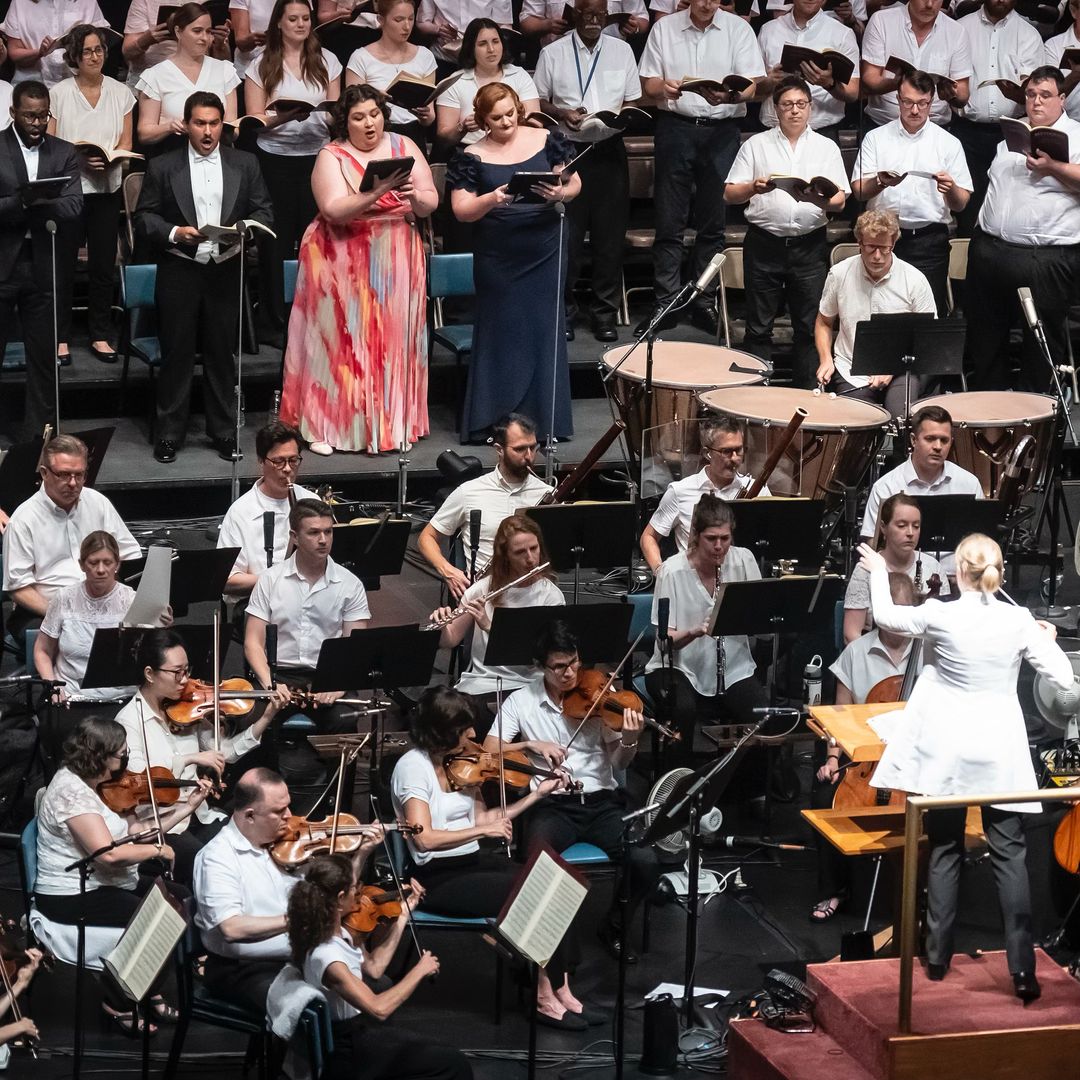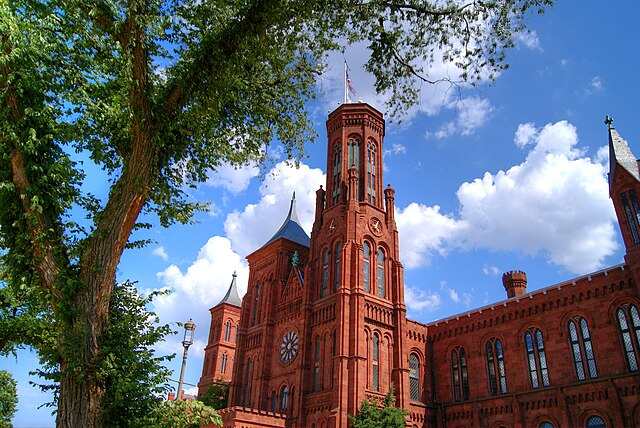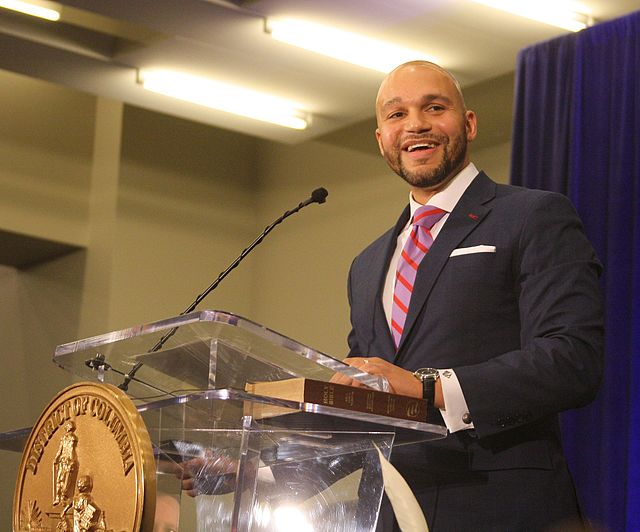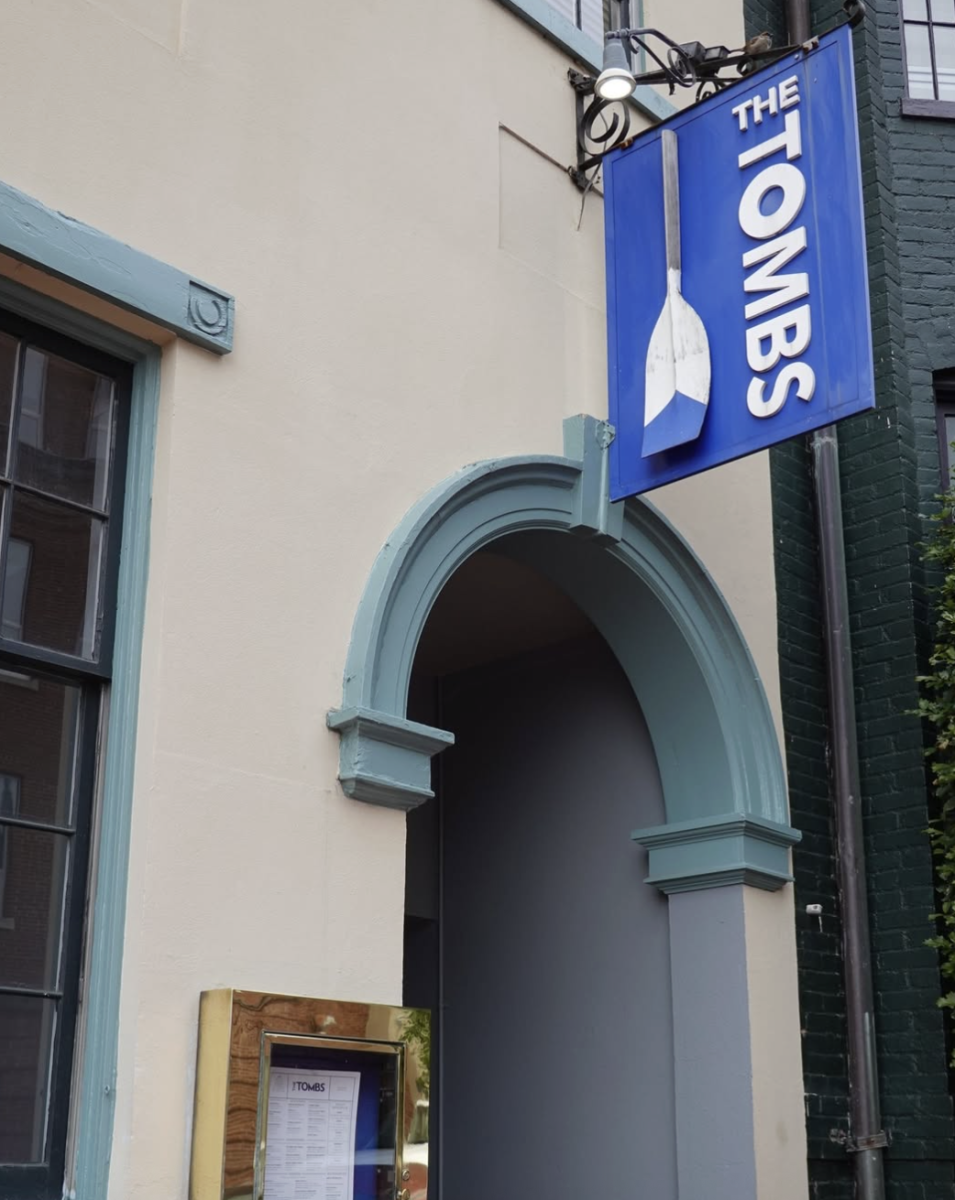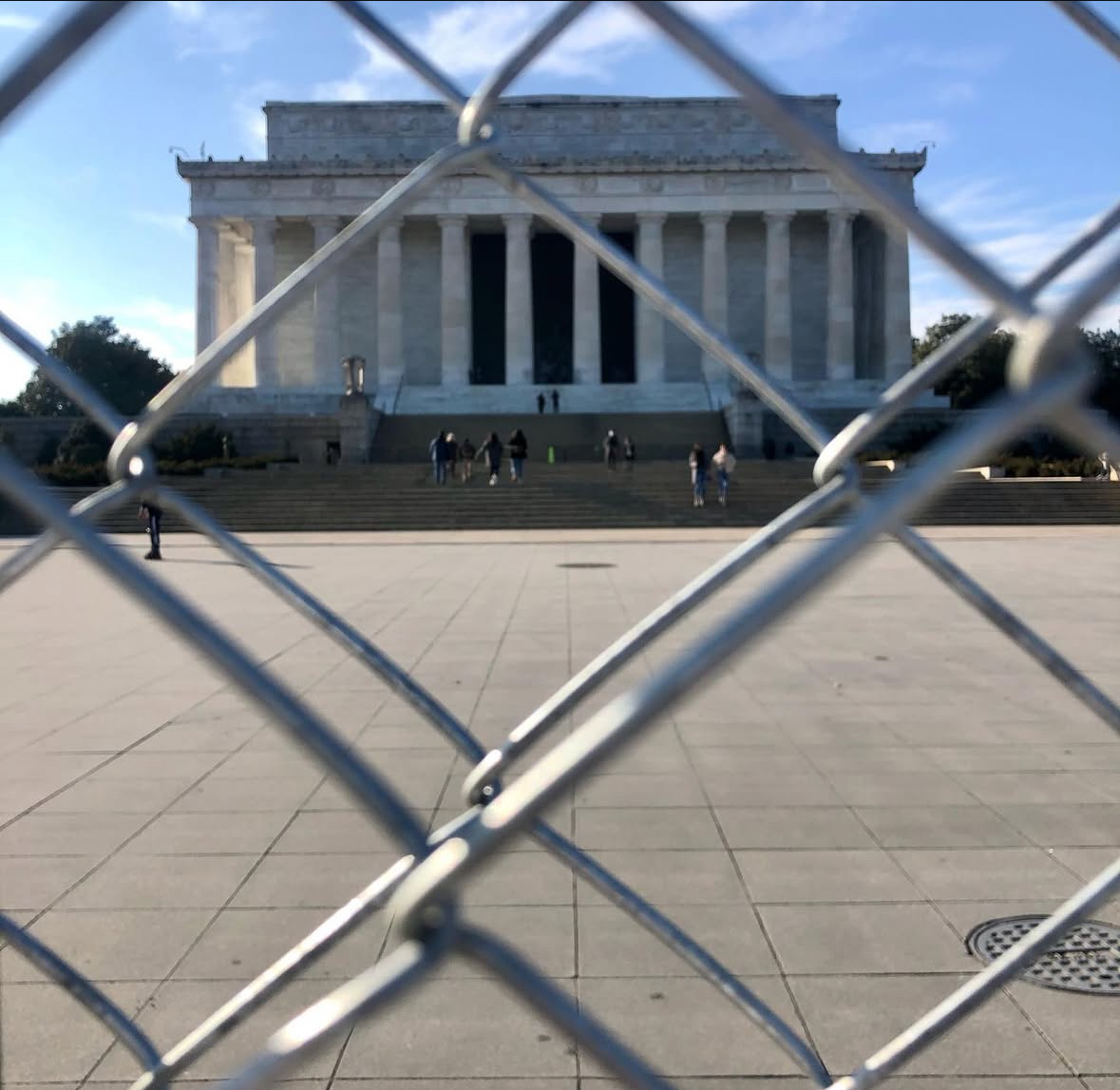After the National Symphony Orchestra (NSO) authorized a strike Sept. 23 in protest of low wages, the musicians’ union reached an agreement with management at the Kennedy Center Sept. 27, before the NSO’s season opener.
The musicians unanimously voted in support of a strike over their lower salaries in comparison to other major orchestras, such as the New York Philharmonic and Chicago Symphony, after remaining in a stalemate over contract negotiations since May. As a result, the Musicians Union Local 161-710, the union that represents members of the NSO, picketed at the Kennedy Center for the first time since 1978.
Ed Magala, president of Local 161-710 said the strike was predicated on new wage increases in orchestras around the country.
“As of today, the NSO musicians are making substantially less than are the musicians in the New York Philharmonic, Boston Symphony, Chicago Symphony, Los Angeles Philharmonic and San Francisco Symphony,” Magala said in a statement from Local 161-710. “That pay disparity combined with the high cost of living in the D.C. area makes it harder for the NSO to attract and retain talent commensurate with the reputation of the National Symphony Orchestra and the Kennedy Center itself as a premier performance venue.”
In 2023, the Philadelphia Orchestra agreed to a three-year, 15% wage increase for its musicians. The New York Philharmonic recently approved a 30% increase to wages in September, and the San Francisco Symphony Choir went on strike Sept. 19 also in protest of low wages.
The new agreement between the NSO and Kennedy Center administration is an 18-month contract, valued at $1.8 million, with a 4% wage increase in the first year and another 4% boost in the second year. The resolution also includes new health care options and benefits and a possibility for renewed negotiations in 2026.
This new contract falls short of the union’s original goals, a proposed 6.25% increase in wages each year over the next four years. The musicians’ desired contract aimed to make up for an estimated 15% decrease in real wages when accounting for inflation since their last negotiations in September 2019.
The musicians delayed the strike until Friday to allow for the performance of three sold-out NSO concerts featuring Grammy award-winning artist Sara Bareilles. Strikers instead stood outside the Kennedy Center and distributed leaflets and stickers about the strike before the shows.
Jennifer Mondie, a violinist and 29-year veteran of the NSO who chairs the Orchestra Committee, which helps to negotiate contracts between the musicians and managers, said the strike was a moment of unity among the musicians.
“It was really stressful,” Mondie told The Hoya. “It was pretty profound for all of us. The orchestra was incredibly unified. That was a really great feeling and we remain unified now that we know what we’re dealing with.”
“We hope to capitalize on that for the next couple years to make sure that it’ll make us even better musicians, have even better artistry and ensemble together,” Mondie added. “The unity is going to be a saving grace in all of this.”
The musicians circled the Kennedy Center on foot during the strike, wearing red shirts reading “NSO Musicians” and carrying picket signs.
Mondie said musicians were glad the strike was over despite not achieving their full goals.
“I think everyone’s very relieved,” Mondie said. “There’s a lot of things we learned in this process, especially in the last couple of weeks. The things we learned were very valuable and we’ll definitely keep them in mind going forward, make sure we can plan.”
“In order to get some security, it was worth doing what we did,” Mondie added. “It’s not ideal, but it’s good enough for two years, and we’ll expect different dynamics in the future.”
Sara Eyob (CAS ’27), a Georgetown University student, said the NSO was an important part of her first year, and was grateful musicians could assert their rights to get a better contract.
“I’m glad that the NSO was able to exercise their rights and negotiate a better deal,” Eyob told The Hoya. “I believe that having a strong arts program, like the Kennedy Center, nearby is important for Georgetown.”
Mondie said that respect for the arts is fundamental among all musicians.
“My priorities are pretty clear: The music is what’s important,” Mondie said. “It just costs a lot to buy our instruments, to train, to be in top form, and if they don’t understand what value we bring to the community and the level of expertise that we have, then I don’t know why they’re running an arts organization.”


